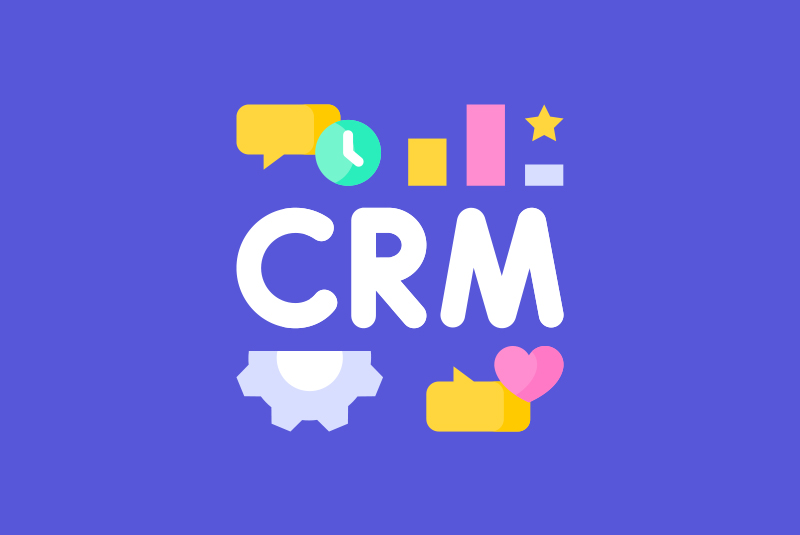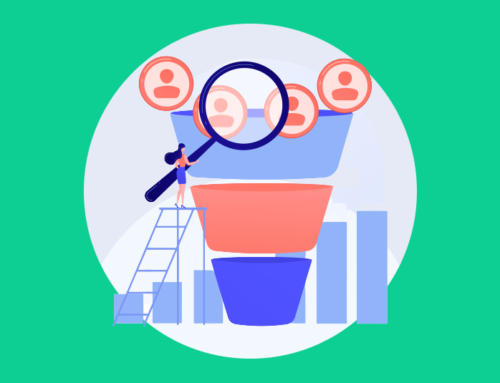CRM is the English acronym used to define “Customer Relationship Management”. However, the definition of CRM goes beyond this, it is the 360º management of sales, marketing, service, and all touch points.
CRM bypasses all the processes associated with managing a company’s interactions with customers and is essential for building customer loyalty and boosting sales.
Example: In a mini grocery store in the village, Mr. Luis knows all his customers by name. He already knows, even before Ms. Isabel asks, that she wants six homemade pieces of bread.
So Mr. Luís will be careful to save those six loaves of bread for that loyal customer. And on his birthday he will have a special treat to give her!
In the business universe, and the larger the company, it becomes impossible to know all customers in the same way, compared to a small company. It is in this context that CRM helps to strengthen the relationship with them.
The main focus of the tool is customer satisfaction in all senses and making who consumes the customer the main focus.
What is a CRM for?
Customer Relationship Management CRM is much more than software. CRM stores information from potential and current customers – such as name, address, phone number – their activities, and points of contact with the company.
It is an approach to communication and interaction with the customer that allows you to perform a series of actions by storing and managing information in certain platforms/software.
The customer-related actions are as follows:
- Follow up on leads;
- Manage customer registration;
- Manage and analyze customer buying preferences;
- Centralize customer orders;
- Warn customers who have left their shopping cart on hold without placing an order;
- Manage the company’s technical support.
- Is CRM important?
Yes, CRM is important in the sense that you get to know your customers better and can facilitate a more focused approach to the customer without it being so automatic.
It allows you to do a more detailed follow-up of all contact between the customer and the company. From the first contact to the post-sale. All steps are included so that you can use the information to further improve the customer experience, i.e. it facilitates routines in the company, especially for employees.
With CRM you won’t have these kinds of problems (lack of organization in the processes; decentralization of data; customer-related problems; difficulty in making decisions). All data is organized in an automatic way, creating favorable conditions for all sales processes, for example.
In addition, salespeople can access information anywhere. Not only does this make their day-to-day work easier, but it also prevents more than one employee from contacting the same customer, or from miscommunication.
Example: Has it never happened to you, that the same company calls you two, three, or four times to deal with a matter that had already been solved with another employee?
Well, with the CMR software this is no longer a problem for many companies.
How is CRM important?
CRM enables you to accelerate core business operations, such as sales, marketing, and service, to launch customer experience and loyalty, from the initial conversation to the recurrence of the next purchase.
Benefits of CRM
Are you still unsure whether a CRM system is a good fit for your business?
Do you still believe that management programs such as CRM are meant only for big businesses, but, not quite?
Those who have a small business really need tools that can help them increase their productivity and save time with their tasks.
Check out the 2 main advantages that your company would have with the use of CRM:
Customer Relationship: In the relationship with customers, by using a CRM system, you are able to have the ability to control the history of negotiations and/or eventual conversations, this way your company will be able to make the customer feel more valued and see that his opinion really matters to the company and also offer a better quality relationship with customers.
Control of potential customers: Being able to gather more information about potential customers to figure out the best approach, when, and what is the best time to do it.
As it was possible to show, CRM software is a versatile tool, which will generate advantages and profits for your company, improving its performance.
Do you think a CRM would help your company? Try Airdesk for free for 14 days.






